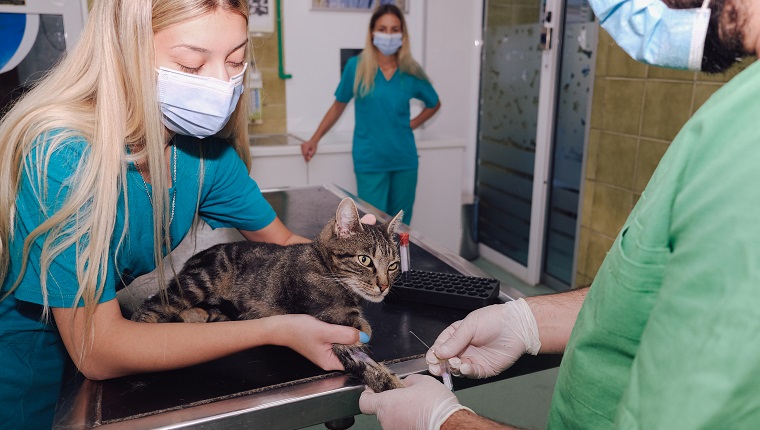Hypopituitarism in cats is a medical condition that involves a cat’s pituitary gland being unable to produce enough of certain types of hormones.
It can result in a wide range of symptoms, including head pain, mental issues, and head pressing.
If you see signs that your cat might be suffering from a hormonal issue, then you must consult your…






